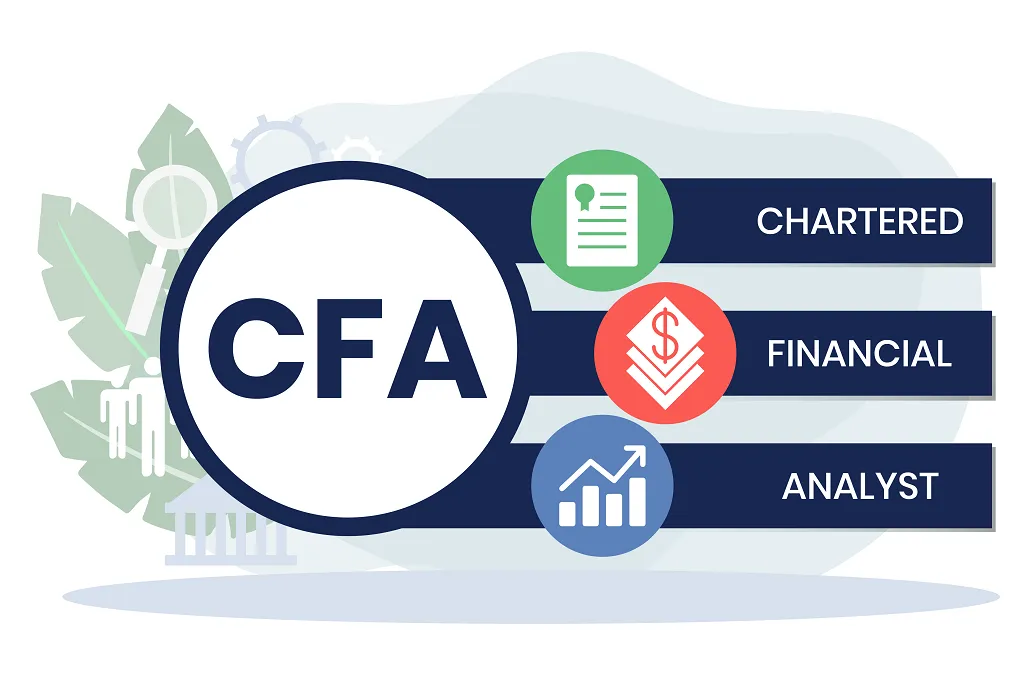Introduction: The Importance of the CPA Certification Journey
Financial accountants create financial statements by compiling, documenting, and reporting corporate transactions. Balance sheets, income statements, and cash flow statements are among the reports produced by financial accountants. They also play a key role in tax preparation and revealing the financial standing of a business for regulatory purposes.
Those that are good in this job tend to be very analytical. They are renowned for their ability to effectively communicate and for their competence in establishing a professional network. Having business awareness is also crucial.
Licensed accounting experts known as certified public accountants (CPAs) provide a wide range of services, such as bookkeeping, auditing, and tax preparation. A certified public accountant in Austin may be employed by a government organization, a business, or an accounting firm.
Educational and Exam Requirements: Building the Foundation
Typically, three years of experience in addition to a bachelor’s degree in accounting or a similar discipline are needed. Gaining further certifications and a master’s degree might provide you a competitive advantage and open doors to career progression.
A four-year bachelor’s degree plus extra courses are required if you want to become a certified public accountant. It may be reached in a number of ways.
- Associate degree: You may get a two-year associate degree in accounting if you have limited funds and want to start your profession as soon as feasible. In this case, you may work and finish your bachelor’s degree by attending classes for two more years.
- Bachelor’s degree: There are three options available to those who choose to pursue a bachelor’s degree in accounting: a Bachelor of Arts (BA), a Bachelor of Science (BS), or a Bachelor of Accountancy (BAcc). Although these four-year degrees typically need 120 credits, becoming a certified public accountant requires 150 credits.
- Master’s degree: You may enroll in courses at a community college or work toward a master’s degree to get the extra credits you’ll need. It will take one to two years to finish a master’s degree.
Overcoming Challenges: Strategies for Success
Many states will need you to complete a certain number of accounting courses in order to be eligible for the test, even if an accounting degree is not necessary.
Three four-hour core portions and one four-hour discipline component of your choosing make up the standard CPA test. Financial accounting and reporting (FAR), tax and regulation (REG), and auditing and attestation (AUD) comprise the main parts. You may choose from the following discipline sections: Information Systems and Control (ISC), Business Analysis and Reporting (BAR), and Tax Compliance and Planning (TCP). In general, the exam structure consists of task-based simulations and multiple-choice questions that assess both academic and practical knowledge.
It’s crucial to keep in mind that you have 18 months to pass the other three CPA test portions after passing the first one. You will have to reapply for the exam and lose your first section score if you fail all four parts within this time frame.
Alternative Path
- Obtain a Bachelor’s Degree: You may still take the Certified Management Accountant (CMA) test if you are switching to this field and already have a bachelor’s degree.
- Acquire Experience: Getting experience helps you in two ways: it helps you meet the CPA test experience requirement and most job advertisements demand up to three years of experience.
- Take Up More Accounting Coursework: Prior to taking the test, you must complete the required number of credit hours if you are seeking a CPA. Depending on where you live, getting a master’s degree can be enough.
- Examine CPAs: Obtaining the CPA certificate will facilitate professional growth and job acquisition.
Gaining Practical Experience and Networking: Bridging Theory with Practice
You will still need to take further steps after passing your test in order to get your full CPA license.
Before becoming eligible for your full license, you must have completed one to two years of relevant accounting job experience, which must be confirmed by a certified public accountant. You may be able to get this experience before your examinations in certain states, however. Additionally, some state accounting boards may outline the kind of job experience they need.
Some states require you to take the American Institute of CPAs (AICPA) ethics test, which consists of 40 multiple-choice questions on ethics linked to accounting, after you pass the CPA uniform exam. Your state’s letter of congratulations will include whether you must take the test.
Only 120 semester hours of higher education are required in certain states for applicants to sit for the CPA test. Even for individuals who began the test with just 120 hours of higher education, the majority of jurisdictions still need 150 hours to get a license. If this is the case for you, you will have to finish the extra hours after passing the test. In Alabama, for instance, applicants may take the test with only 120 hours, but they have 36 months to finish the remaining hours to achieve 150.
You will be required to enroll in online or in-person professional education courses annually after receiving your full CPA license in order to maintain your license. Depending on your state, you may get up to 40 hours of credits annually.
Career Impact and Lifelong Learning: The Long-Term Benefits of Becoming a CPA
To become a certified public accountant, one does not need an accounting degree. However, because an accounting degree can provide you with the information you need to pass your CPA test on your first attempt, going to college may be a good move.
A master’s degree is not the only option available to you; you may also study for the CPA test with other business degrees in related subjects like finance or economics.
Before earning his CPA certification, Brian Armstrong attended Villanova University to get a master’s degree in corporate taxes and data analytics. Even after completing the program, it was still difficult to meet the standards.
“I spent some time doing my own review, going over each course in the book that my study provider had given me. I took practice exams. He recalls, “I worried about scheduling the exam after making sure I was above the threshold where I needed to be.”
The path to become a certified public accountant is not simple, as shown by Brian’s experience, which is quite normal for business school students pursuing a CPA credential. However, obtaining the CPA qualification may provide you with possibilities and abilities that can revolutionize your career.
Some CPAs choose to start their own businesses. Although it might be a lot of effort, owning your own business allows you to be your own boss. Additionally, you have choice over your professional path since you may choose the kinds of customers you want to work with.
To focus on one or more accounting specialties, some certified public accountants decide to get additional certifications, such as:
- Internal control and risk management. You will detect and address technological hazards and cyberthreats in this position while increasing productivity.
- This area of CPAs looks into embezzlement, bribery, and fraud.
- personal money. These certified public accountants advise customers on wealth management, insurance, retirement planning, estate planning, and investment.
- Certified management accountants (CMAs) assist businesses with risk assessment, trend analysis, and strategy development.








